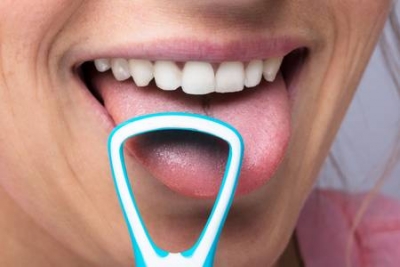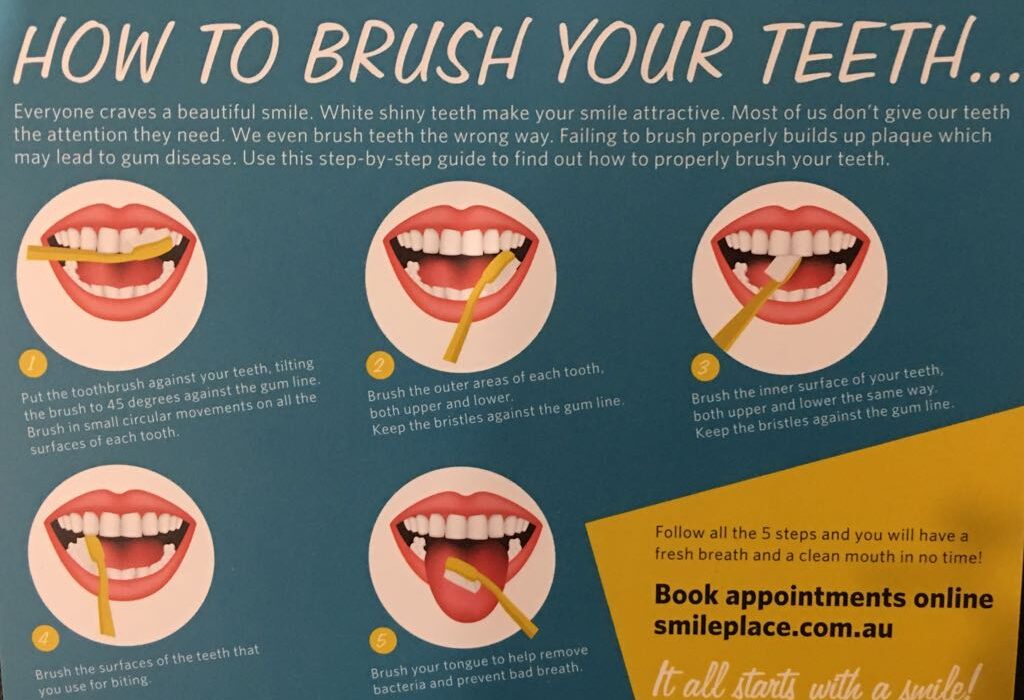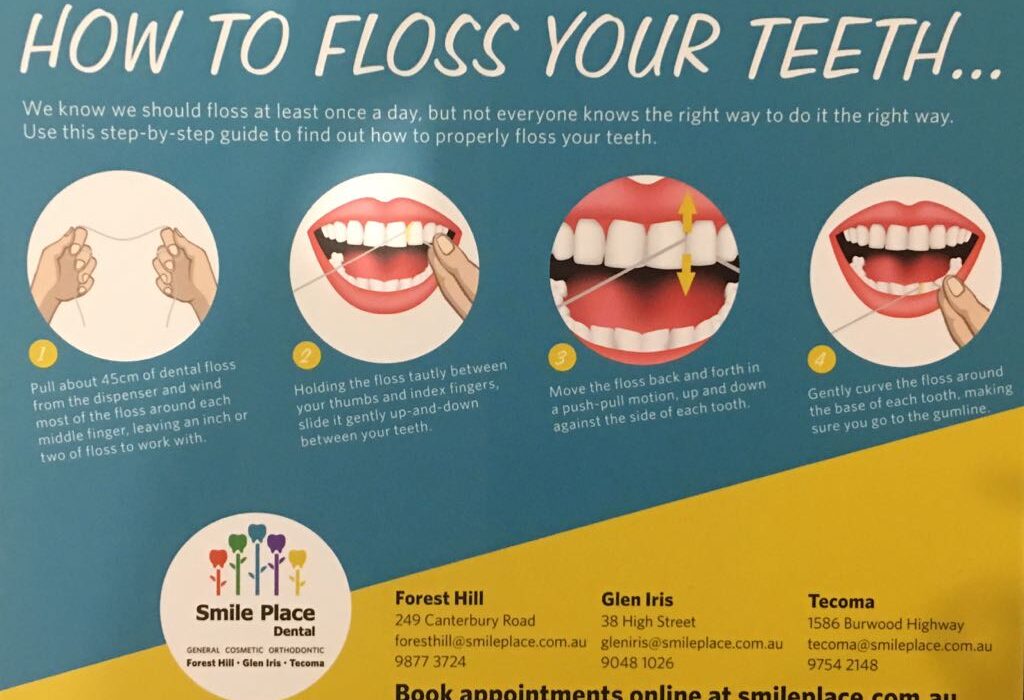
Struggling with bad breath? You’re not alone.
Did you know that one in three preschoolers have never been to the dentist?(1) Given the RCH National Child Health Poll showed the same proportion of children don’t brush their teeth enough and 10% have such bad dental decay that they have to have at least one tooth removed before their ninth birthday(1), this is a very worrying statistic. So, with World Oral Health Day on the 20th of March, I thought I’d share some tips on how you can best care for your child’s teeth and hopefully avoid your child having to have any teeth removed.
One of the best ways to care for your child’s teeth is to start cleaning them very early on. In fact, you can start good oral hygiene practices before your baby’s first tooth erupts. Gently wiping Bub’s gums once a day with a clean, damp piece of gauze or muslin is the way to go and will get Bub used to the teeth cleaning process.
Once your baby’s teeth start appearing, you should switch to brushing twice a day and can start using a toothbrush designed for children. Such brushes have small heads and soft bristles that allow you to reach all areas of the mouth and clean all the areas of gum and teeth without discomfort or causing damage. Your child’s first dentist visit should occur around their first birthday and they should go back for checkups yearly in order to catch any problems before they require treatment. Check if your child is eligible for the government’s free dental care scheme to help with the cost of these visits.
If you live in an area with fluoridated tap water, you don’t need to introduce toothpaste until your toddler is about 18 months old.
You can then start using a smear of age appropriate toothpaste that has lower fluoride content because young children can’t spit the toothpaste out . You should however encourage your child to try to spit out the toothpaste, so that he/she develops the skill more quickly.
Young children will be more likely to clean their teeth without fuss if it’s part of their normal routine, they see their parents and carers brushing too and it’s fun. You can make it a more enjoyable experience by singing songs, letting your child choose their own special toothbrush and letting them brush a toy’s teeth while you brush theirs.
At age six, your child can begin using adult toothpaste but you should continue helping them brush until they’re eight to ensure their teeth are brushed correctly.
Brushing isn’t the only way to care for your child’s teeth. You can also help by:
– providing a healthy, low-sugar diet
– providing tap water instead of bottled water (this doesn’t have fluoride in it), fruit juice or other sugary drinks
Regardless of your child’s genetics, following the above tips will prevent dental decay and ensure your child’s teeth are as healthy as possible.
Author Summary – Dr Chitra Rao

Dr. Chitra Rao has over a decade of experience in dentistry, specifically in the field of cosmetic and orthodontic treatments. Dedicated to achieving optimal results, she takes a detailed and personalised approach to creating beautiful, confident smiles for her patients. Outside of dentistry, Dr. Chitra enjoys staying active, traveling, and spending time with her family.

Struggling with bad breath? You’re not alone.

Keep it clean, keep it bright with these simple tips.

Do you brush twice a day, use a mouthwash, and still struggle with bad breath or surprise cavities? If so, the problem may be caused by inconsistent flossing. Most people skip flossing and those who do floss, often don’t do it right, leaving behind plaque and food debris. The good news? Flossing properly takes just […]